Phytobiotics: Transforming Broiler Nutrition and Gut Health
Recently, the Poultry Nutrition and Feed Innovation Team from the Institute of Feed Research, Chinese Academy of Agricultural Sciences (CAAS) investigated the efficacy of phytobiotics and its fundamental mechanisms in enhancing intestinal health in broiler chickens.The related findings have been published in the Journal of Animal Science and Biotechnology.
Phytobiotics enhance broiler gut health through multiple mechanisms, including microbiota modulation, intestinal barrier reinforcement, and immune regulation. They selectively inhibit pathogenic bacteria while promoting beneficial microbes like Lactobacillus and Faecalibacterium prausnitzii , increasing short-chain fatty acid (SCFA) production, particularly butyrate, which strengthens intestinal epithelial cells and improves nutrient absorption. Additionally, phytobiotics enhance gut morphology by increasing villus height and crypt depth, facilitating better digestion and feed conversion. Their antimicrobial, antioxidant, and anti-inflammatory properties reduce oxidative stress, suppress pro-inflammatory cytokines like TNF-α, and enhance mucin secretion, improving gut integrity. These mechanisms collectively enhance growth performance, immunity, and feed efficiency, promoting sustainable poultry production.
However, challenges such as low bioavailability, formulation instability, and high costs limit widespread adoption. Curcumin and resveratrol, for example, exhibit strong antioxidant and anti-inflammatory properties but suffer from poor intestinal absorption and rapid metabolism. Solutions such as microencapsulation and nanotechnology have been developed to improve phytobiotic stability and targeted delivery. Additionally, AI-driven precision nutrition is optimizing phytobiotic inclusion rates by analyzing real-time gut microbiota composition and feed efficiency, ensuring consistent efficacy while minimizing waste. Cost remains a significant barrier due to the resource-intensive extraction of bioactive compounds and the high inclusion rates required for effectiveness. Recent research has focused on synergistic phytobiotic formulations, such as polysaccharides from Enteromorpha prolifera combined with yeast glycoproteins, which enhance gut health more efficiently than single-component additives. Similarly, blending essential oils like thymol, carvacrol, and eugenol improves antimicrobial activity against antibiotic-resistant pathogens.
Future advancements in phytobiotic feed technology will involve next-generation formulations integrating prebiotics and postbiotics to enhance gut health further. Prebiotics like xylooligosaccharides support beneficial bacteria, while postbiotics such as bacteriocins and SCFAs exert antimicrobial and immunomodulatory effects. These multi-functional feed additives can provide a sustainable alternative to antibiotics while improving broiler performance.
Phytobiotics represent a transformative approach to broiler nutrition, addressing gut health and antibiotic resistance concerns. Despite challenges in bioavailability, dosage standardization, and cost, innovations such as AI-driven precision nutrition, microencapsulation, and synergistic formulations are enhancing their effectiveness. As research advances, phytobiotic-enriched diets will play a vital role in optimizing broiler production and ensuring sustainable poultry farming.
This study was supported by Beijing Innovation Consortium of Agriculture Research System, the National Key Research and Development Program of China (2022YFC2105005), the National Natural Science Foundation of China (32072774), and the Agricultural Science and Technology Innovation Program (CAAS-ZDRW202111.
Original link: https://doi.org/10.1186/s40104-024-01101-9
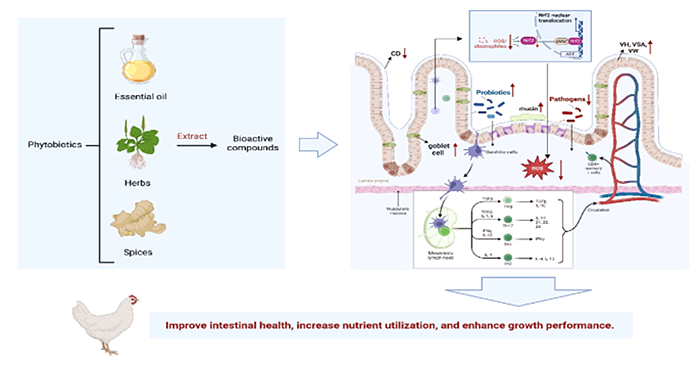
Source: Uchechukwu Edna Obianwuna and Chang Xinyu
(Wushugeng@caas.cn, qiukai@caas.cn).
-
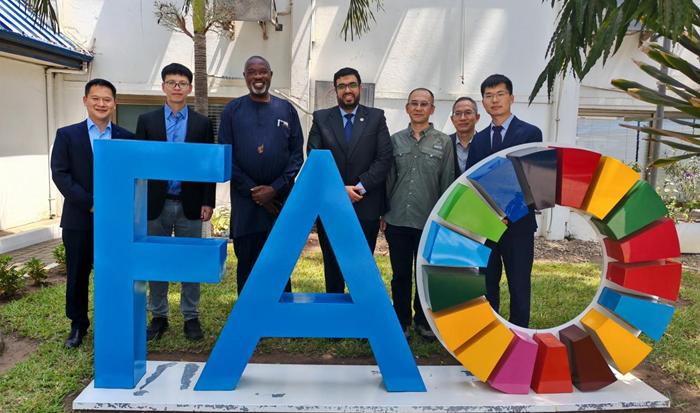 Mar 21, 2025Experts from IPPCAAS Implement FAO-China South-South Cooperation Project to Advance Sustainable Fall Armyworm Management in Ghana
Mar 21, 2025Experts from IPPCAAS Implement FAO-China South-South Cooperation Project to Advance Sustainable Fall Armyworm Management in Ghana -
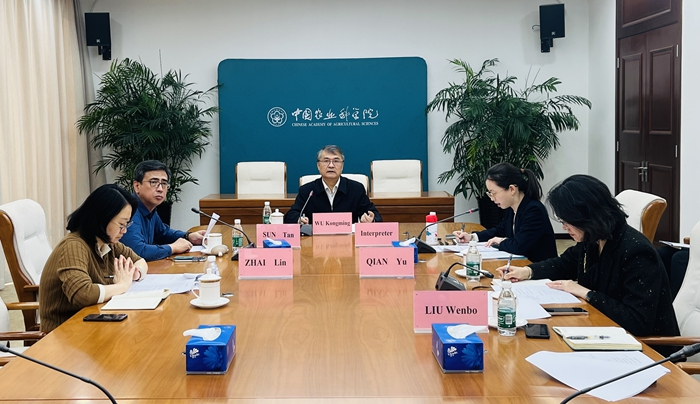 Mar 13, 2025CAAS and CGIAR Deepen Strategic Cooperation
Mar 13, 2025CAAS and CGIAR Deepen Strategic Cooperation -
 Mar 11, 2025Call for Logo Design Proposals for the China-Africa Agricultural Science and Technology Innovation Alliance (CAASTIA)
Mar 11, 2025Call for Logo Design Proposals for the China-Africa Agricultural Science and Technology Innovation Alliance (CAASTIA) -
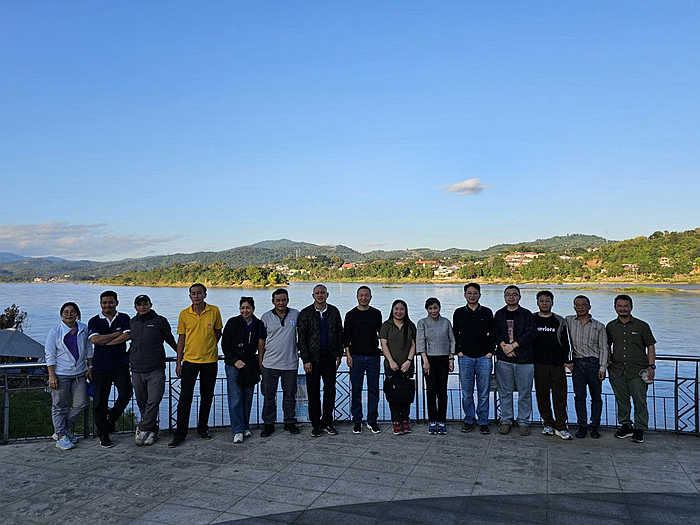 Jan 21, 2025IAED-CAAS Delegation Visits Thailand for Scientific Cooperation
Jan 21, 2025IAED-CAAS Delegation Visits Thailand for Scientific Cooperation -
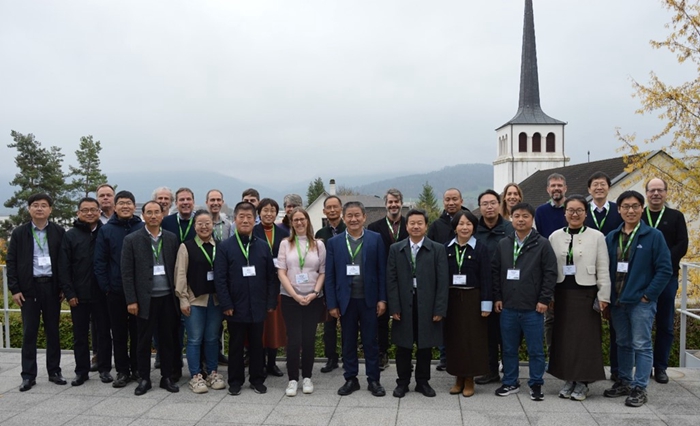 Dec 05, 2024China-CABI Project Development Workshop Held in Delémont, Switzerland
Dec 05, 2024China-CABI Project Development Workshop Held in Delémont, Switzerland
